Many countries around the globe, including Nigeria, have embraced cryptocurrencies with open hands. Recent data shows that Africa’s biggest economy, Nigeria, is leading other African countries in cryptocurrency usage.
Bitcoin started gaining traction in Nigeria after the infamous MMM Ponzi scheme of 2016, which promised a 30% monthly return on investment, both in fiat and Bitcoin. Many got scammed, and some found themselves in unimaginable debt after investing in MMM and other Ponzi and pyramid schemes that followed.
One would expect that such a horrible first experience would make Nigerians hate cryptocurrency forever; the reverse was the case as the interest towards Bitcoin in Nigeria continues to surge.
Binance Research, an arm of Binance crypto exchange also revealed in 2019 that interest in Bitcoin shifted from the Western Hemisphere to the Eastern Hemisphere and surprisingly, in this case, Africa where Nigeria also ranks top.
[READ MORE: Bitcoin hits 12-month low- Luno)
Visualized changes in heat ranking of “Bitcoin” #BTC in Google search by each Country/Region from Jan 2011 to today.
Noticeably, relative search trends of "Bitcoin" within each country have shifted from West to East, and most recently, Africa. pic.twitter.com/9Gxx2CGJwr
— Binance Research (@BinanceResearch) September 26, 2019
Another report published last year by The Chartered Institute of Bankers of Nigeria (CIBN), also revealed that Nigeria was one of the African countries with the highest number of new users of Bitcoin in 2018, despite several warnings from the Central Bank of Nigeria that Bitcoin is not a legal tender in the country.
READ ALSO: BDSwiss
In addition, Nigeria’s digital economy is on the rise. With the increased poverty level, more youths and adults are making an entrance into the global digital economy by providing digital services as freelancers
Consequently, Nigerians have troubles receiving payments from their foreign clients. They are not allowed to use even the most famous American based Paypal, and other options like Money Gram and TransferWise are not only expensive and slow but also have unflexible verification system.
READ ALSO: Africans using mobile payments to curb COVID-19
Bitcoin, however, offers them a flexible, almost instant and cheaper means of receiving cross border payment after rendering their services to clients and companies.
The many economic problems in Nigeria, including inflation and the devaluation of the naira, have made the country’s fiat currency a poor store of value, pushing some to store their value in a deflationary currency like Bitcoin which can protect its owners from excess money printing from central authorities and other uncertainty








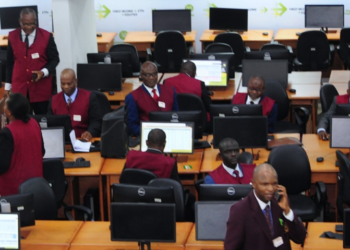
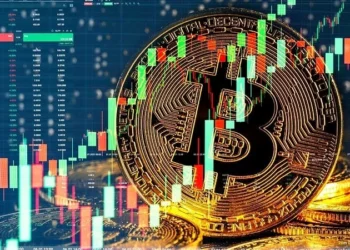
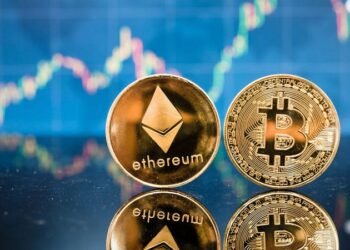
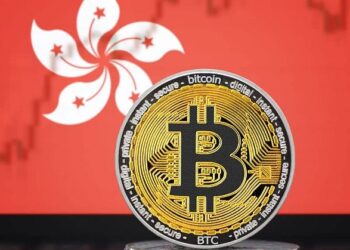
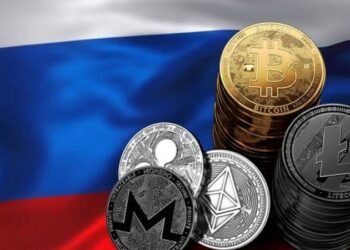








This is good, cryptocurrency is the future of money. I can train you on how to go about it.
This is good
Hello there,
We are an SEO agency, supplying multiple assistance(s) to various clients. For that, We make worldwide agreements with the mass of bloggers on a long-term basis.
Being touched with an agency let me know the price of a permanent Crypto per post on your site?
Please confirm to me the post will be No Sponsor Tags and link will do follow?
You will be paid through a PayPal invoice.
Looking forward to long term collaboration.
Regards
Della